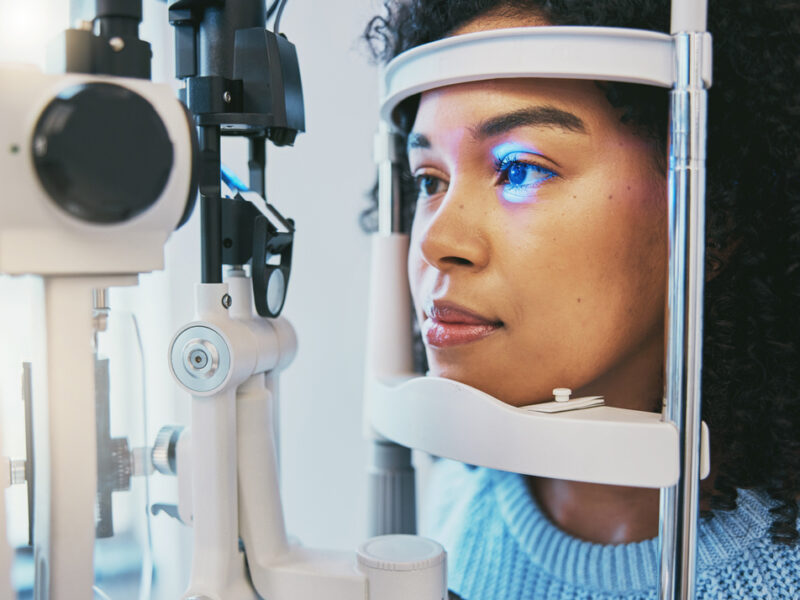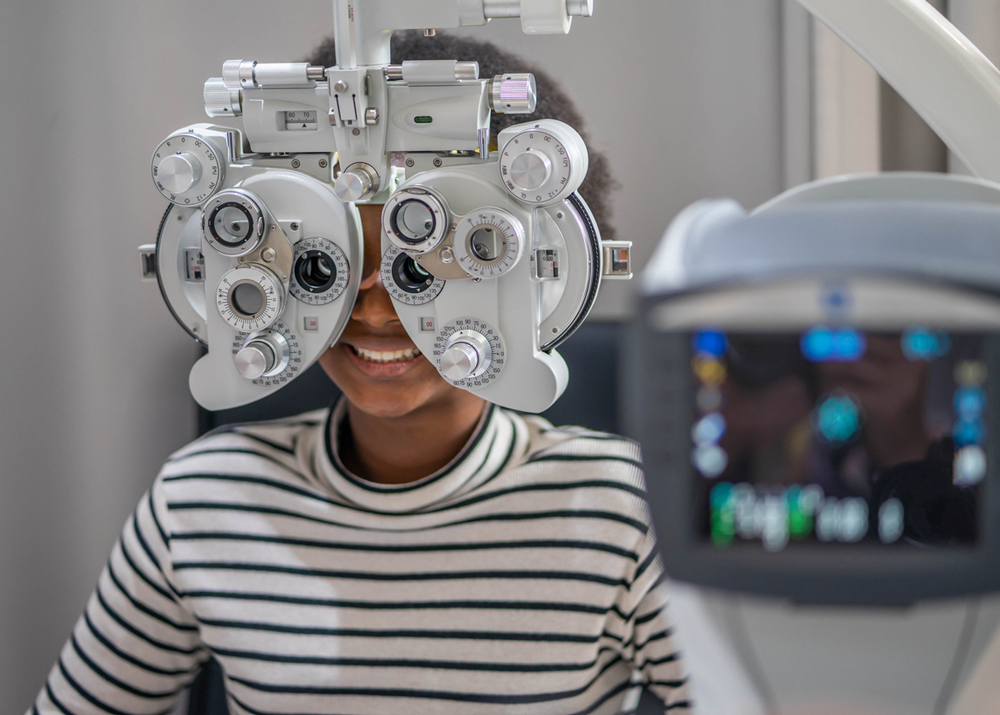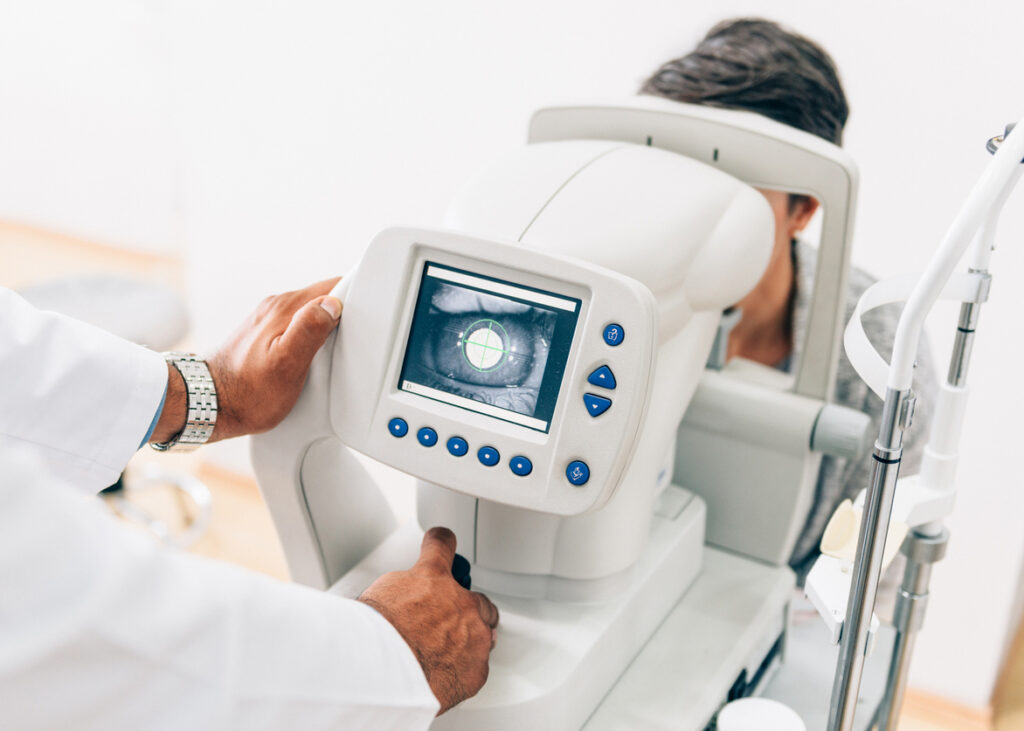What to Expect

What to Expect During Your Appointment
Whether you’re due for a routine check-up, seeking specialized testing for a specific eye condition, or interested in exploring advanced diagnostic procedures, there’s lot to understand about the different types of eye exams and their significance in maintaining optimal eye health.
Eye Tests
A comprehensive eye exam is a thorough evaluation of your vision and overall eye health.
This exam typically includes:
Visual Acuity Test: Measures your ability to see clearly at various distances using an eye chart.
Refraction Test: Determines the need for prescription eyeglasses or contact lenses by assessing how light refracts through the eyes.
Eye Health Evaluation: Includes a variety of tests to assess eye health, such as examining the retina, optic nerve, and internal structures of the eye.
Pediatric Eye Exams: Pediatric eye exams are essential for monitoring the visual development and eye health of children from infancy through adolescence.
These exams may include:
Visual Acuity Testing: Assessing a child’s ability to see clearly at different distances.
Eye Alignment Evaluation: Checking for signs of strabismus (eye misalignment) or amblyopia (lazy eye).
Assessment of Visual Development: Monitoring milestones in visual development, such as depth perception and color vision.

Contact Lens Exam
If you wear or are considering wearing contact lenses, a contact lens exam is necessary to ensure proper fit, comfort, and vision correction.
This exam includes:
Corneal Measurement: Determines the curvature of your cornea to select the correct contact lens size and shape.
Tear Film Evaluation: Assesses the quality and quantity of tears to ensure proper lens hydration and comfort.
Trial Fitting: Involves trying on different contact lens options to find the most suitable fit and prescription for your eyes.

Glaucoma Screening
Glaucoma screening is crucial for early detection and management of this progressive eye disease, which can lead to irreversible vision loss if left untreated.
Screening methods may include:
Intraocular Pressure Measurement: Evaluating the pressure inside the eye using tonometry.
Optic Nerve Assessment: Examining the optic nerve for signs of damage or abnormalities.
Visual Field Testing: Assessing peripheral vision to detect any loss of vision characteristic of glaucoma.

Retinal Imaging
Retinal imaging involves capturing detailed images of the retina to assess eye health and detect signs of retinal diseases such as diabetic retinopathy, macular degeneration, and retinal detachment.
Common imaging techniques include:
Fundus Photography: Capturing high-resolution images of the retina using specialized cameras.
Optical Coherence Tomography (OCT): Providing cross-sectional images of retinal layers to detect subtle changes or abnormalities.

